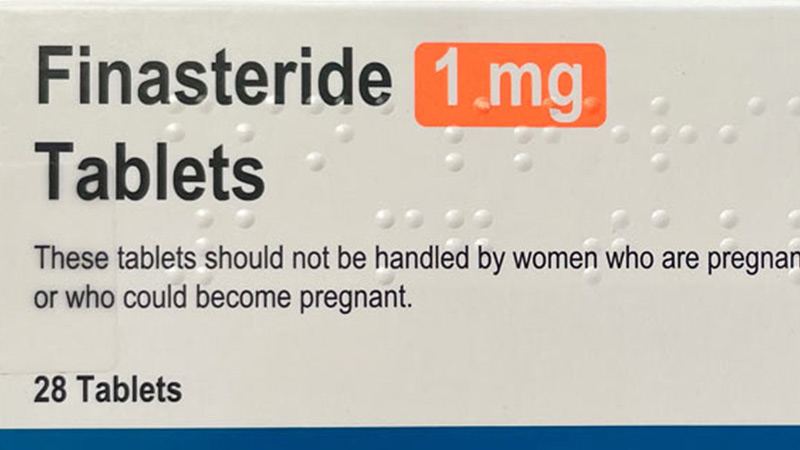
In this guide, we talk about Finasteride and its side effects. Finasteride is a medication primarily used to treat enlarged prostate glands (benign prostatic hyperplasia) and male pattern baldness (androgenetic alopecia). It is available under various brand names, such as Propecia and Proscar.
The development of finasteride traces back to the late 1960s when scientists at the pharmaceutical company Merck began investigating the inhibition of the enzyme 5-alpha-reductase. This enzyme converts testosterone into dihydrotestosterone (DHT), a hormone involved in the development and progression of conditions such as BPH and male pattern baldness. The aim was to create a medication that could inhibit this enzyme and reduce the levels of DHT in the body.
For the treatment of enlarged prostate, finasteride works by inhibiting the conversion of testosterone to dihydrotestosterone (DHT), a hormone that contributes to prostate growth. By reducing DHT levels, it can help shrink the prostate gland and alleviate symptoms like difficulty urinating.
In the case of male pattern baldness, finasteride works by blocking the enzyme 5-alpha reductase, which converts testosterone to DHT. By reducing DHT levels in the scalp, it can slow down hair loss and promote hair regrowth.
Since its introduction, finasteride has become widely prescribed and is considered one of the most effective treatments for BPH and male pattern baldness. It is available in various generic forms worldwide.
Side Effects of Finasteride
While finasteride is generally considered safe and effective, it may have some potential side effects. The most commonly reported side effects include:
Sexual side effects: Some individuals may experience a decrease in sexual desire, erectile dysfunction, or changes in ejaculation. These effects are generally reversible upon discontinuing the medication, but in rare cases, they may persist even after stopping.
Breast enlargement and tenderness: Finasteride can cause breast tissue to grow in some individuals, leading to breast enlargement and tenderness.
Allergic reactions: Although rare, some people may develop allergic reactions to finasteride, characterized by rash, itching, swelling, dizziness, or difficulty breathing. Immediate medical attention is required in such cases.
It is important to note that the occurrence of these side effects is relatively low, and most individuals tolerate finasteride without experiencing any significant problems. However, if you are considering using finasteride, it is advisable to consult with a healthcare professional who can provide personalized guidance and monitor your progress.